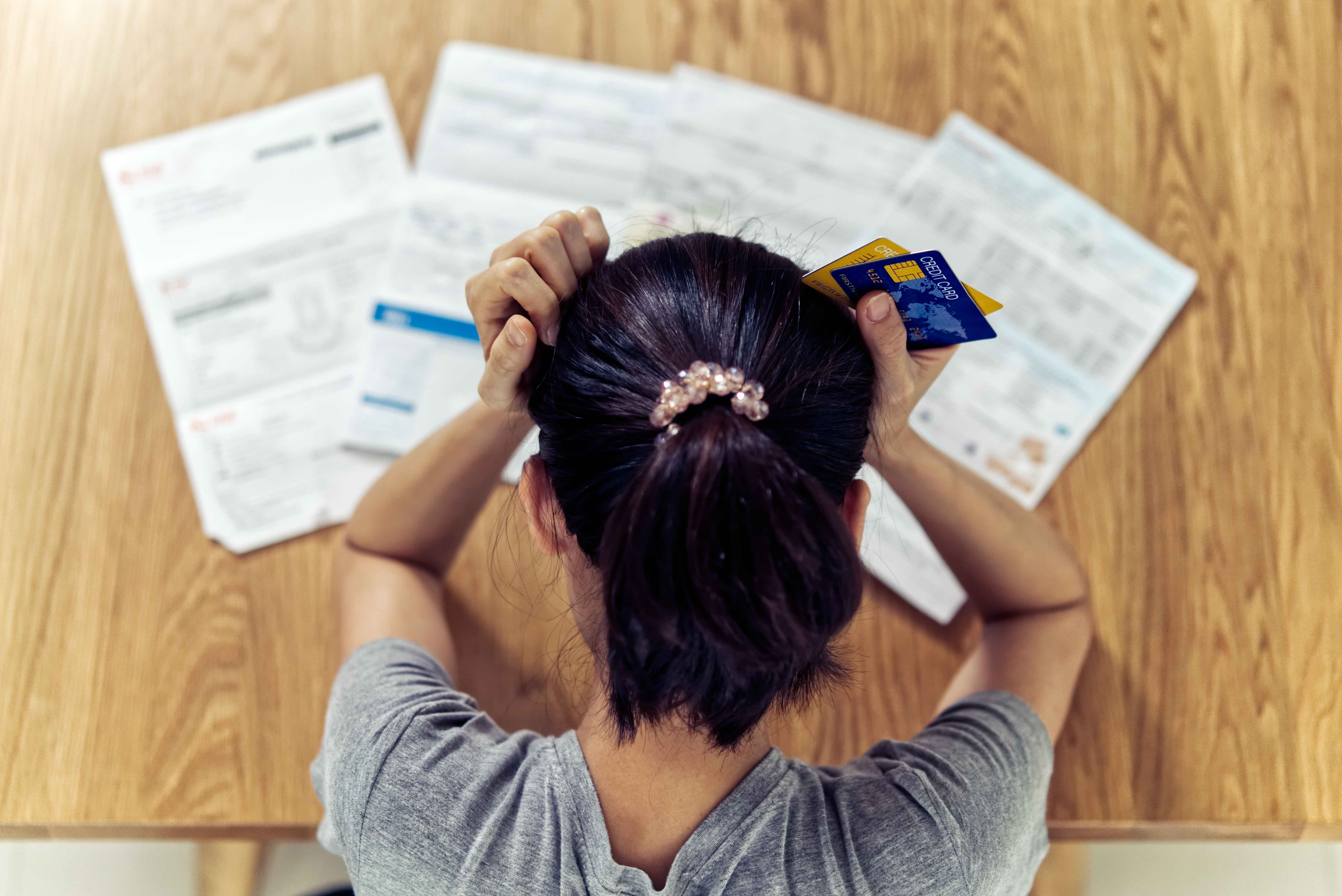
When debt gets more and more on top of you and you do not see a way out, your options get narrower and narrower. The reasons are usually ongoing bad financial management, but they can be because of totally unforeseen circumstances. Medical expenses, divorce, loss of employment are all things that can happen to anyone.
Bankruptcy is often seen as the ‘end of the road’ – the final option and understandably seen as a route deemed an extremely bad idea. The act of declaring bankruptcy will have wide-ranging consequences for years to come – so should not be an ‘easy’ way out of a bad situation.
If you are making this decision as a first move when your debt begins to mount, then you should investigate other options before you take this extreme step.
Have you tried following a budget and changing your spending habits? Have you investigated ways to lower your bills (link)? Have you looked into consolidating your debt (link), in a single loan that moves all your various debts to a single payment? You should investigate all options before considering bankruptcy.
If you have made all these moves and the weight of debt is still too high, then it may be that bankruptcy becomes one of your final options.
Wait, can I even declare bankruptcy?
There are two main bankruptcy options: Chapter 7 and Chapter 13.
Chapter 7 is the most common and known as ‘liquidation bankruptcy’. You must pass a ‘means test’ to see if you qualify, and your property and other assets could be at risk. The aim here is to have as much of your debt ‘discharged’ as possible – meaning totally forgiven. The whole Chapter 7 process usually lasts less than 6 months.
Chapter 13 is knowns as ‘reorganization bankruptcy’. You work with the court to come up with a repayment plan, agreed as part of the filing. This affords you more protection of your property and other assets but will have a longer payment plan – generally up to 5 years.
If you do not qualify for bankruptcy you will need to investigate alternative options.
So, what are the arguments?
Bad idea:
If you believe bankruptcy is the ‘easy’ option, and have not already tried all the options we mentioned, you should not ruin your credit for the foreseeable future just to get collection agents to stop calling you, or because you have missed 2 or 3 credit card bill payments. Remember, declaring bankruptcy without understanding the consequences to your future is a very bad idea. Do EVERYTHING you can to avoid taking this step.
Good idea:
The arguments for declaring bankruptcy are quite clear. From the moment you do, the action will trigger a process that will allow you to see the light at the end of the tunnel. With both Chapter 7 and 13 filings, you will have the potential to start again – clean the slate and move forward with your life. However, if you have not learned your lessons of how you got into this position, you cannot continually file for bankruptcy. You must look at ways to change your habits and avoid this happening again.
So, you want to declare bankruptcy? What do you do next?
If you come to the decision that this really is the only way out of your financial woes, you should find and meet with a bankruptcy attorney. The National Bankruptcy Forum provides an up-to-date list by State: https://www.natlbankruptcy.com/
You should also make sure that you time your bankruptcy to include as much debt as you can. This simply means when you have made the final choice to move into bankruptcy, be smart about it. Plan all the elements of your debt you can to be included. You should not pay any of your debts for at least 3 months before you file, to show a history of not being able to meet your obligations.
For more information, visit the excellent The Bankruptcy Site.
Recovering your credit score/rebuilding your financial reputation
The simple fact is that filing for Chapter 7 bankruptcy will remain on your credit report for a decade, while Chapter 13 will be there for 7 years. You will lose all your credit cards, maybe property, any luxury possessions, but it will not relieve you of your student loans debt or child support responsibilities.
It is a LONG way back to recover your financial trustworthiness and credit score. Generally, filing bankruptcy on your report will cause your score to plummet between 130 and 200 points immediately.
Your best path here is to:
- Check that your credit report has the correct filing details of the bankruptcy.
- Do everything you can to keep a steady income and not be erratic. You need to show you can hold down a regular income and make regular payments.
- When the opportunity arrives, try to get some new credit into your report. These could be secured, or low limits. Retail cards are an option. And if you do get these additional credit cards, do NOT max them out. Keep the balances low and NEVER miss a payment.
- Similarly, make 100% sure that you pay your other accounts on time – ones not included in the bankruptcy, like student loans.
